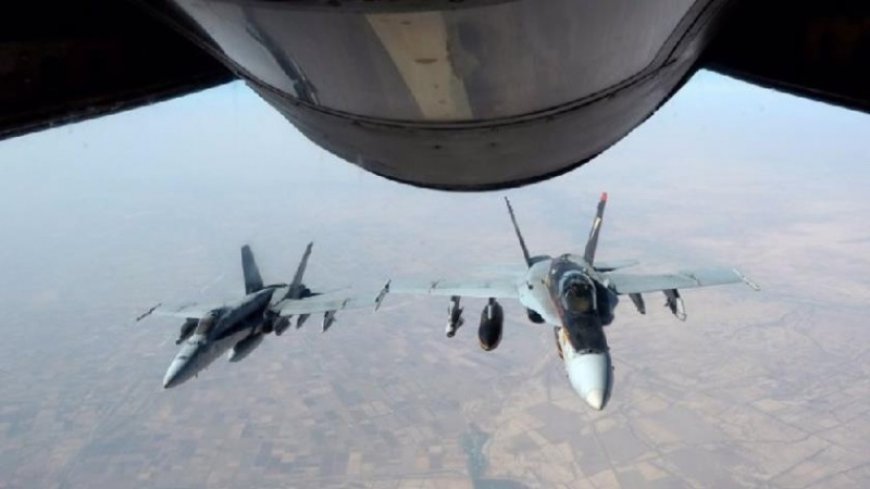The Russian Syrian Reconciliation Center has reported that aircraft belonging to the U.S.-led international coalition violated Syrian airspace eight times in the past 24 hours, further escalating tensions in the region. According to Captain Oleg Ignasiuk, deputy head of the center, these violations involved pairs of F-15 fighter jets operating in the vicinity of Al-Tanf, a strategically significant area near Syria's borders with Jordan and Iraq.
In addition to the F-15s, Captain Ignasiuk noted that two A-10 attack aircraft also breached Syrian airspace on three separate occasions. These repeated incursions have sparked growing concerns about the potential for dangerous clashes between coalition forces and those aligned with the Syrian government and its allies.
The Al-Tanf area has been a focal point of friction between U.S.-led coalition forces and the Syrian government, supported by Russia and Iran. The region hosts a U.S. military base and is considered a critical point for monitoring and controlling movements in and out of Syria, particularly with regard to counterterrorism efforts.
Captain Ignasiuk warned that such violations could lead to air accidents, further exacerbating the already fragile situation in Syrian airspace. The possibility of unintended confrontations between coalition aircraft and Syrian or Russian forces adds another layer of complexity to the ongoing conflict, where multiple international players are engaged in operations with often conflicting objectives.
The repeated airspace violations come at a time of heightened tensions in Syria, where various international actors, including the U.S., Russia, Turkey, and Iran, have vested interests. The U.S. presence in Syria has long been a point of contention, particularly with Russia and the Syrian government, who view it as an infringement on Syrian sovereignty.
The international community is closely monitoring these developments, aware that any escalation could have far-reaching consequences not only for Syria but for the broader Middle East. Diplomatic efforts to address these violations and prevent further escalation are urgently needed to avoid a potential conflict in the skies over Syria.














































